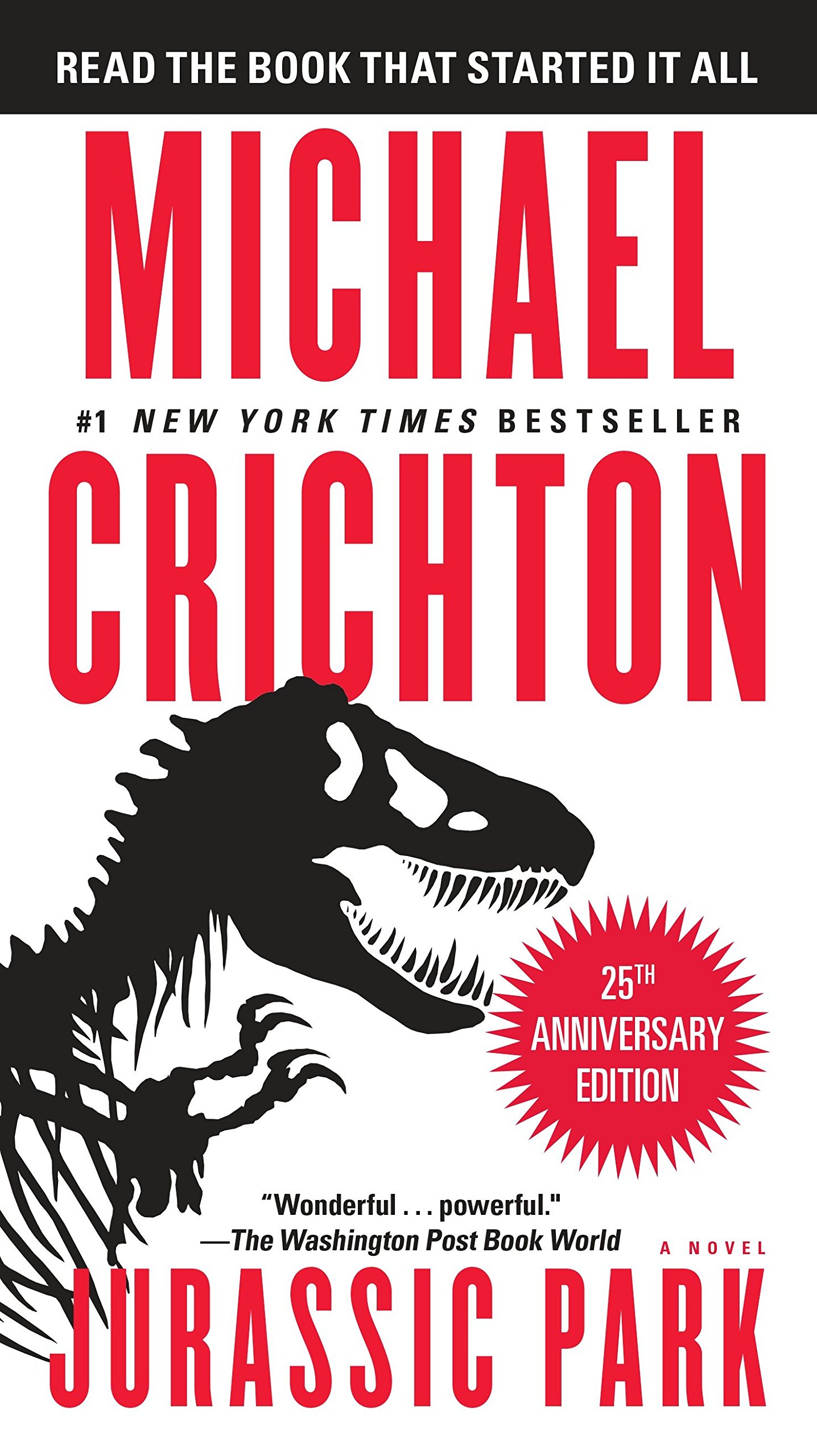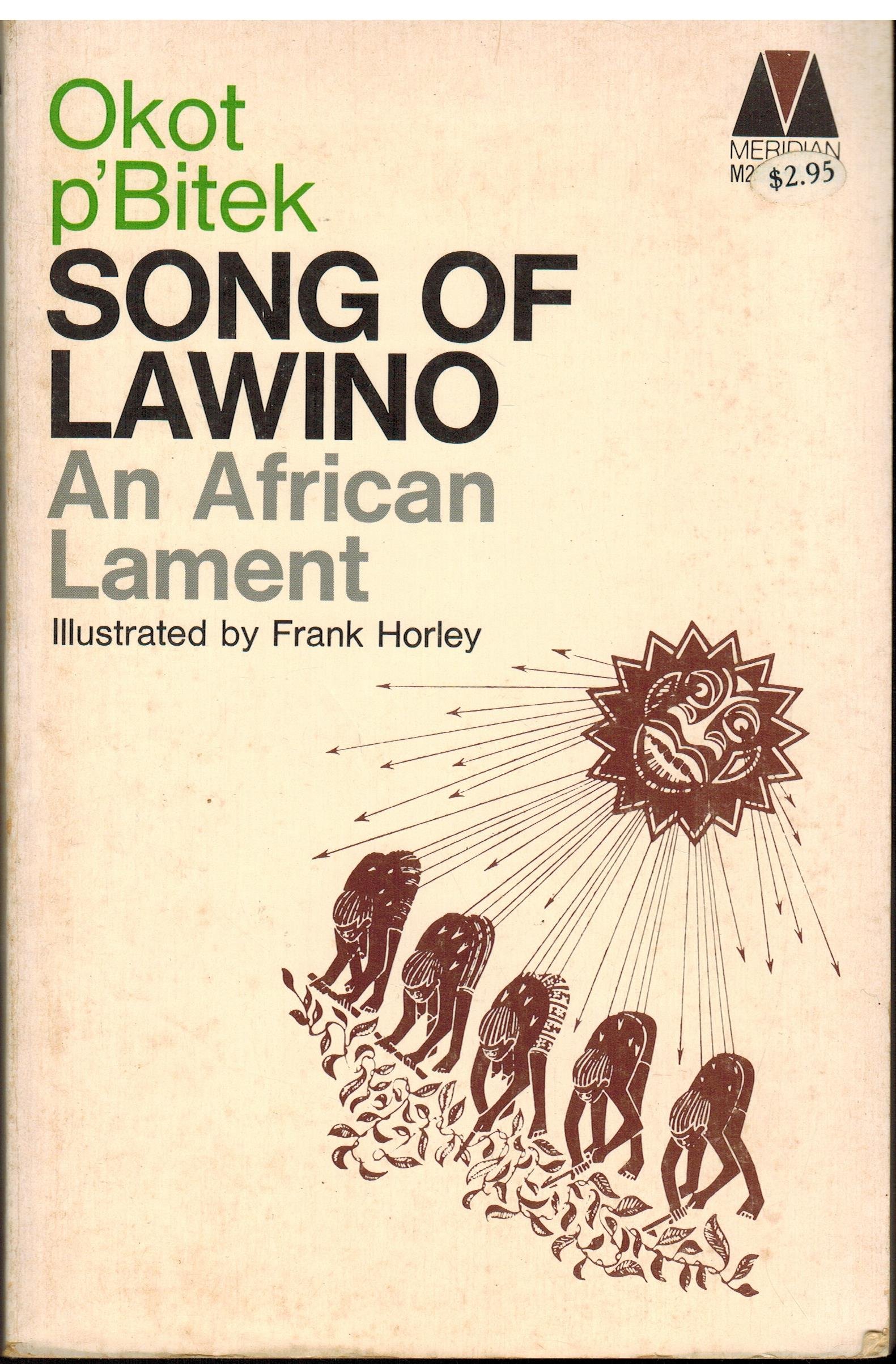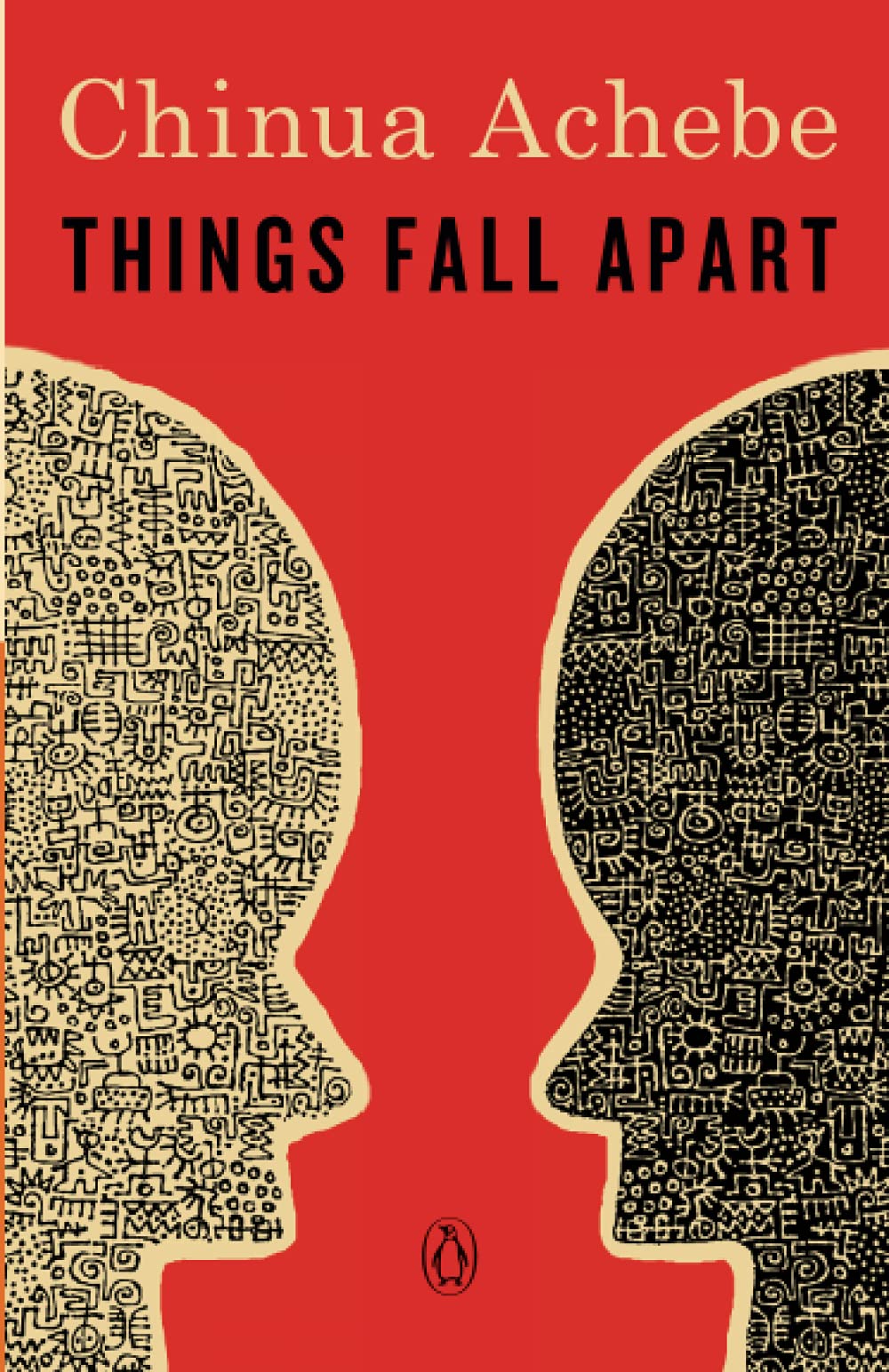The only important thing in a book is the meaning that it has for you.
–W. Somerset Maugham
It seems that at a certain point in time, sometime after formal education (whether high school, college or university), we stop reading. Most adults (that I know) don't read that much of anything outside magazines and newspapers.
And there are many reasons for that. One of the primary reasons is
lack of time. I've heard that one many times. And used it myself. Another one is too many other
distractions. More interesting distractions, like television, or the Internet.
It takes a great deal of effort to read, to sit down and concentrate in silence. And in this fast food world, we've lost the ability to just sit down and read.
Once formal education is complete, you move on to a career, and the rat race for money and success. In that order. Along comes the family. Then a new home. The demands of everyday life start to pile up. Demands on your precious time like as grocery shopping, maintaining your home, taking vacations, spending time with your family, taking care of loved ones and the list goes on and on.
No doubt about it, there's a great demand on your time and you have to judiciously decide where you are going to spend it. And it looks like there's no time to read because, if you really, really think about it. The benefits of reading aren't very apparent. They're subtle. Sub-cuticle. Under the surface, and not so obvious. Like spending time building your career. Or exercising. Since you have so many demands on your time, you should very carefully select how you spend the little reading time that you have, in selecting carefully what you choose to read.
This is excellently articulated by Steve Leveen:
In our land of opportunities and distractions, it's hard to devote our attention to the quiet pleasures of reading. It's as if we live our lives in a noisy restaurant and can't have the intimate conversation we most yearn for.
- Steve Leveen
Take reading as seriously as you do sleeping, or eating or working or taking a shower. Make it a daily exercise.
The more that you read, the more things you will know. The more that you learn, the more places you'll go.
- Dr. Seuss
We read primarily to be entertained, and to be informed. And good books will do both at the same time.
[image: entertainment vs information - intersection diagram]
There are way too many demands on our attention. So it's not only about reading. It's mostly about choosing what to do with your time. Your time is precious. And in this world of a million distractions, there are other, easier, ways to get informed and entertained.
If you were to walk into your local bookstore (or eBookstore), and go over to the area for books on fiction. You will be overwhelmed. There are so, so many. Walk over to the section on health and fitness. And again, you'll be super-whelmed. Historical books in the millions. And biographies in the gazillions. Everyone is writing.
But not everyone deserves to be read. So you must filter. You need to take C. S. Lewis' advice,
I can't imagine a man really enjoying a book and reading it only once.
I truly believe that there are enough good books to read, that you needn't bother with bad books. And it's perfectly fine to read a book over, and over, and over again. That's what I do, often.
The trick is finding that book, that author that intrigues you, entertains you and fascinates you. And that author will be uniquely appeal to you. Critics may denounce his or her writing, but you find something in that writing that appeals to you. So you dare pick up that book, read it, savour it, digest it, meditate in it and when you feel like, pick it up again and enjoy the experience all over again. Despite what the critics say.
And so often you'll find yourself reading a book, and after ten, or fifteen or even fifty pages, you're struggling to keep turning. My advice is to close that book, put it away and forget it. Doesn't matter what the critics say. It's not for you, you're struggling and that's not the point of reading. To this date, I haven't finished War and Peace.
Having said all of that. Given that there are literally millions and millions of books on any subject, how do you find a book that you can read and digest fully? Here's what I do.
I spend time, daily, reading book jackets, and then perusing some reader reviews. Yes, I take seriously some reader comments. When a reader loves a book, they're more likely to write a review that's very positive. When a reader really dislikes a book (assuming that they had the patience to read it entirely to the end), they may write a strikingly negative review. Negative reviews have less of an impact to my decision to read the book since I'm not sure what the intent of the reviewer really is. Is it to discourage other readers from reading the book? A altruistic gesture to help others not waste their time? Or is it a message to the writer, the author. As an editor or publisher would advise?
Positive reviews are good. Negative reviews I rarely pay attention to.
I also borrow book voraciously from my public library. Fortunately, I can borrow eBooks as well as good old paper books. I normally give myself about fifteen to twenty pages to get excited. If I'm not, I'm very happy to let go of the book. I close it, sigh inwardly and then move on to the next. I don't spend too much time thinking about why I'm closing the book. There are way too many books for me to investigate to worry that I just wasted my time reading twenty pages of a book that wasn't even interesting (to me).
And finally, now what you like. While I'm an architect, I don't read books on architecture. Architects don't write good books (and I know I'm being overly general and mean on that one). Doctors seem to write great books, especially medical thrillers. I love reading medical thrillers. I also love technology so I love mystery books that have a lot of technobabble in them. I love history books, and historical fiction as well. But I will dabble in the pseudo-religious area, the mystical stuff. Mystery and detective stories.
Here are some authors and books that I enjoy, and pick up more than once. This is (obviously) a
tiny, tiny selection. I won't bore you with pages and pages of the many books that I really enjoy.
Michael Crichton.
The Jurassic Park series was excellent. If you haven't read the book, then here's a spoiler. The book is very different from the movie. And the movie glosses over the main theory on how dinosaurs are brought back from extinction. Michael Crichton also writes other books and his ability to speak in plain language is impressive.
Michael Crichton is a medical doctor, so his books have a medical theme. He is the creator of the very successful ER medical series on television. While I've probably watched only one or two ER shows, reviews are enough to tell me that it's hugely successful.
James Michener
The first Michener book I read was
Caribbean. It's a big book and Michener is known for writing epics that run in to the thousands of pages. The fact that he can keep me reading past page one thousand is a testament to his ability to research his topics so well that he's able to tell stories that span generations. I was quite surprised about how I felt when I read the tome
The Covenant, which is mostly about the Boer movement into the southern part of Africa and their settlement. While I am still unsympathetic about the history of the Americas (both north and south), I have a lot more sympathy to the Dutch exiles, and their eventual claim to birthright on the continent. It's a complex story, well told.
Ngugi wa Thiong'o
This writer is a super thinker, and I like his approach to telling history, by telling stories. After all, the word history, really means story. This particular novel spoke to me personally. The fears that I harbor inside my soul, when I've done something wrong, eat at the very soul of me.
In this case, Mugo is not really a hero, he's a coward who betrayed the hero. Ngugi wa Thongo leads us through the mental torment that Mugo suffers, right up to the conclusion, when it all, in the face of truth, works out.
There's a moral to this story that anyone can take away. I plan on reading it again, and again.
Stephen King
Before I read any books by Stephen King, I watched the movie
Salem's Lot. I was probably in my early teens, maybe even eleven years old and it scared the hell out of me. I believe I went on to read the book, which wasn't as scary, but still a very good read. Stephen King's genre is horror, and he does a good job with it. The book
Cujo is an excellent example of a well crafted story. So is
Pet Sematary.
Stephen King wrote, in my opinion, one of the most readable, comprehensible books on writing that I have ever read. His memoir on how he writes,
On Writing, is really well written. A book to read over, and over again. I think that in terms of methodology, I have long employed the Stephen King method of writing, without really knowing it.
Robin Cook
Another doctor on my list. Robin Cook writes medical thrillers and I've read so many of them, I don't recall the first one I read. There are certainly a lot of unscrupulous doctors, and an astoundingly, incredibly many methods of killing people. Robin Cook does a great job explaining the science and then goes on to tell you how it can be used in the most horrendous of ways.
Toxin was a particularly brilliantly written book. At the time that mad cow disease was threatening the beef industry, this book focused on salmonella poisoning and it's very aggressive viral nature. Robin Cook is a prolific writer. I wish he'd also write a book explaining his process of writing. His education as a doctor would have a huge part to play (especially when it comes to being technically correct), but the story-telling part is what I would be mostly interested in.
Okot p'Bitek
Another book that I read in high school, and have returned to often. This is a poem. Lawino is an African woman whose husband, Ocol, has been to Europe and is now acting like a European.
This is Lawino's poem about how she feels. About how Ocol now thinks that African ways are not good, and how he despises his own culture.
It's a powerful story, poem. And Okot p'Bitek tells is extremely well.
No doubt, I read this with some discomfort also, because I too have been trained in Europe and North America. And perhaps there are some things about that culture I much prefer to those of my own home, and my own people. But Lawino is absolutely right, and after reading this, you get a sense that, no matter where you are, you do YOU. And that focus on YOU is what we call culture - not the focus on others.
Simon Singh
Is a scientist who worked for the BBC on science features. He has taught and worked at CERN (which is a European organisation focusing on nuclear research). He's very smart, and speaks very intelligently. The first book that I read from Simon Singh was about cryptography. The science of obfuscation. About secrets and codes. The book was titled The Code Book. And it details how secrets have been managed from antiquity, till today. It's not a book for scientists. It's very readable with no formulas (or none that I recall). I've read this book a couple of times, and will read it again.
Going even deeper, Simon Singh wrote a book titled, Fermat's Last Theorem about the attempt to solve the puzzle left by Pierre de Fermat. A mathematical puzzle left in 1637 finally to be solved in 1998 by Andrew Wiles. I let the cat out of the bag, but you should still read the book. If you're so inclined.
C.S. Lewis
The Screwtape Letters was totally enjoyable. It's a screwy sort of humour that can be done badly, if a writer's not careful. But C.S. Lewis pulls it off in this book. It's a series of letters from a senior to a junior devil. The junior devil having been sent to earth to hone his skills on a particular person. And so seeks advise from the senior devil in correspondence. I don't know who carries the mail back and forth.
Like some of the material pulled off by Rowan Atkinson (Mr. Bean), there's a certain length after which it becomes tedious. But like Rowan, I think that C.S. Lewis in this book does an excellent job. Very readable again and again. I would be remiss if I didn't mention
The Lion, the Witch and the Wardrobe. Most of us would have encountered this book in our teens and then long since forgotten it. But it's a good book worthy of a second and third read.
Chinua Achebe
I read Things Fall Apart in high school, and I've since read it again almost ten times. There's more here than meets the eye about Obi Okonkwo. His character, his life, his experiences tell us a lot about the culture of his time, and about human nature as well. You come to see and understand Africa through the eyes of this one person. Chinua Achebe is a favorite writer on anything african.
This is the first in a number of African series books that I enjoy. It really brings forward the ability of Africa to tell its own stories using writing in a very African style. The narrator's voice is very clear, and very African. For western readers who most likely will not have read anything African, this is a very good place to start.
Ken Follett
This is a story about Jack Builder, an English mason and arguably an Architect in medieval England. As an Architect, I found the story captivating and the characters believable. Jack Builder is looking for work and luckily lands into the greatest job of his career, building a church, later to become a cathedral. England was a deeply religious country, and many of its population were serfs working for the nobility. But it is the story of about four or five characters, from Jack to the Bishop that make this interesting reading. While reading it, you learn about the struggles of England and realize that we haven't changed that much in centuries.
James Clavell
I read this book while in high school. This is a book about Japan, and Japanese custom told in a story about the shipwrecked English captain of a Dutch ship, at a time when Japan was undergoing a leadership transition. It is political and at the time when I read it wasn't quite sure if it was just a novel or there was some accuracy to the cultural side (not the characters). I later found out that the book is surprisingly accurate in telling one side of the story of Japanese culture. I have since read other James Clavell stories (Tai-Pan, King Rat and Noble House amongst others) and enjoy Clavell's writing style and method of telling history. There is some familiarity with Ken Follet's storytelling style in Pillars of the Earth, but one can go into a long essay regarding historical storytelling, which I won't here. Just read it.
Agatha Christie

No reading list is complete without the mentioning of one of the most prolific writers of the the 20th century. Admittedly, I have not read a lot of her work, preferring instead to watch the Poirot detective series on PBS, however, one of the books I really enjoyed was Death Comes As The End, which is surprisingly set in Egypt. It's not her best work, and there are critics who will say that her characters displayed a lot of western tendencies, especially in thought. Given the fact that we are all alike across cultures, I tended to forgive her on this point, though it is difficult to be sympathetic when you apply your own thinking and prejudices to people who are not of your culture. The story itself is typical Christie, where there is a surprising end to the mystery of the deaths occurring in the house of Imhotep. Selecting the name Imhotep, one of the greatest Architects of Egypt, is probably why I picked this book to read, though I suspect if a movie was made of this book, I would have watched that instead. After reading this, I have picked up other Christie books and find the pace refreshingly quick.


















